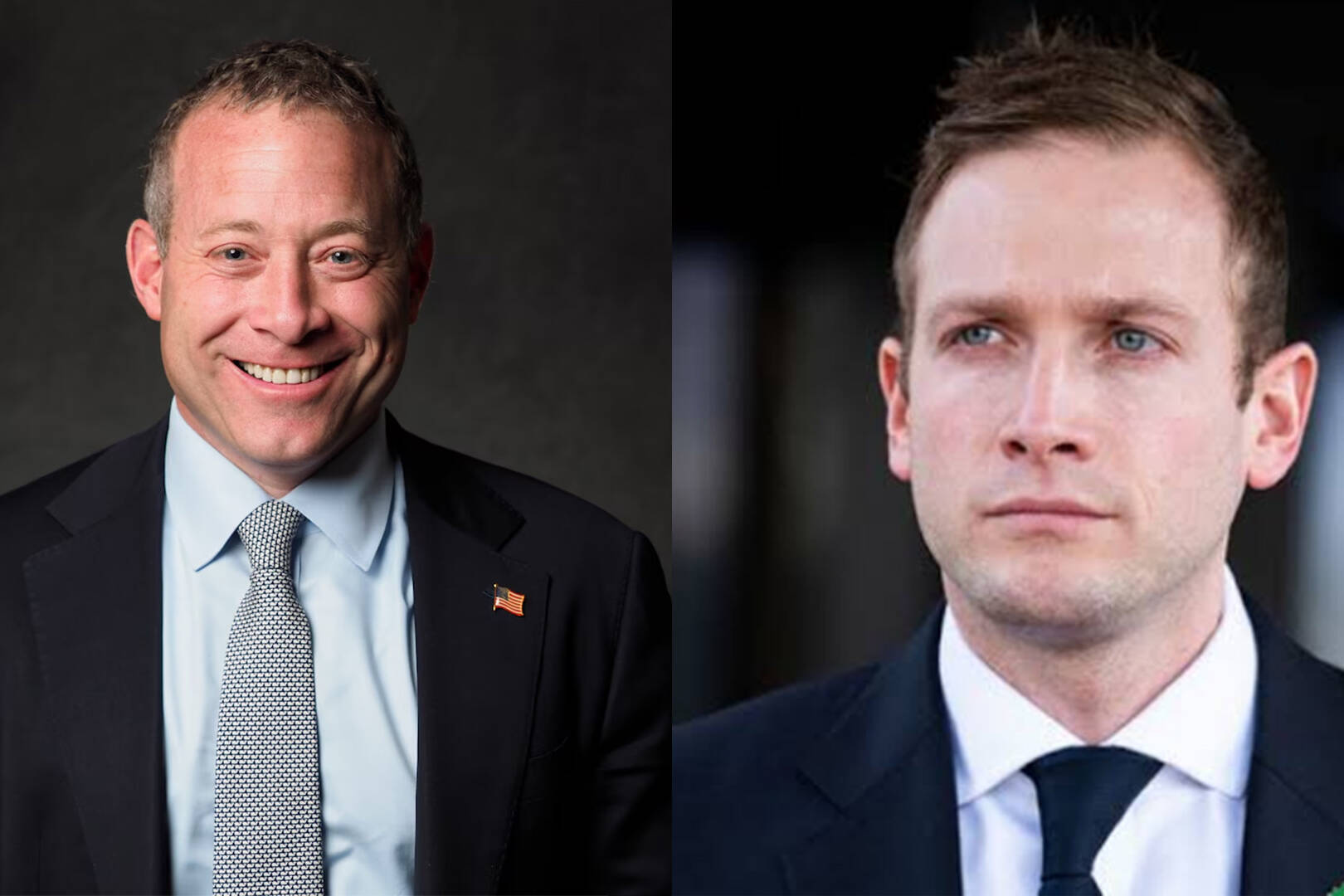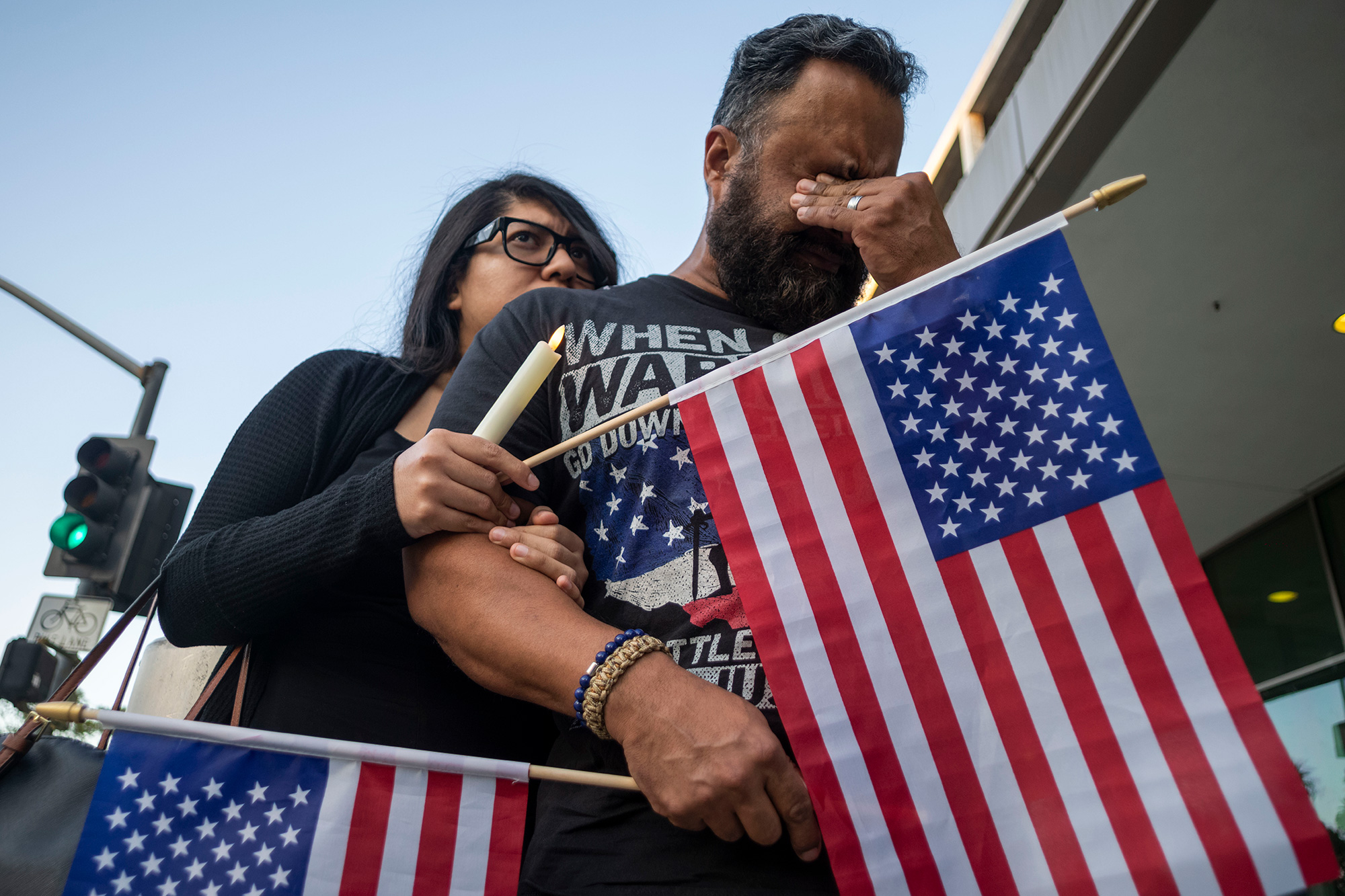A new Ipsos poll confirms what most Americans believe – most tariffs come with a cost.
Just days after former President Trump’s “Liberation Day” announcement, where he imposed broad new tariffs on nearly all U.S. trading partners, Ipsos fielded a nationally representative survey to see how the public is responding. The results show mixed support for the tariffs themselves, but a clear majority expectation that they will drive up prices in the months ahead.
RELATED: WHAT ARE TARIFFS?
Here are the big takeaways:
Most Americans see higher prices coming.
This is the big number: 73% of respondents expect the cost of everyday items to increase. That includes groceries, electronics, automobiles, and household goods. Majorities also believe fresh produce, home repairs, and dairy products will get more expensive over the next six months. In all, only one in five Americans report seeing any recent relief in grocery or gas prices.
Businesses are responding accordingly. For instance, Levi Strauss & Co. CEO Michelle Gass recently stated that any price increases resulting from the tariffs will be applied “surgically,” indicating consumers are likely to be very sensitive to price hikes.
Support for the tariffs is limited.
Less than half of Americans support a 10% tariff on all trading partners or a 25% tariff on all foreign cars and trucks. Support is highest among Republicans, with roughly seven in ten backing each of these tariffs. But it falls sharply among independents and Democrats, and Democratic lawmakers who share diverging views on tariffs are nonetheless uniting in opposition to the “Liberation Day” agenda.
Most Americans want a more targeted approach.
Three out of four say tariffs should focus on countries that take advantage of the current trading rules, not hit every country across the board. That includes majorities across party lines, 82% of Republicans, 77% of independents, and 76% of Democrats.
Notably, a recent Gallup poll showed 65% of Americans think it is important to continue cooperating with our allies on foreign policy goals.
Republicans are more willing to accept short-term economic pain.
While 81% of Republicans say the U.S. should endure short-term costs to be stronger in the long run, only 49% of independents and 23% of Democrats agree. Overall, the country is split down the middle on this question, but Pew Research surveys from last year show that the middle and upper-middle income brackets in America skew slightly more Republican.
There is still confusion about how tariffs work.
After then-President-elect Trump announced his tariff plan last November, Google searches for “what are tariffs” spiked. But apparently, many Americans failed to do the reading. Only about one-third of those surveyed correctly answered that tariffs are not taxes paid by foreign countries. In fact, U.S. tariffs are paid by U.S. companies importing foreign goods.
The Bottom Line:
The public is paying attention. More than 80% of Americans say they have heard about Trump’s tariff announcement. But most are bracing for higher costs, and want policies that are more precise, more transparent, and more focused on the right targets.
Related
Sam Zickar
Sam Zickar is Senior Writer at No Labels. He earned a degree in Modern History and International Relations from the University of St Andrews and previously worked in various writing and communications roles in Congress. He lives in the Washington, D.C. area and enjoys exercise and spending time in nature.




